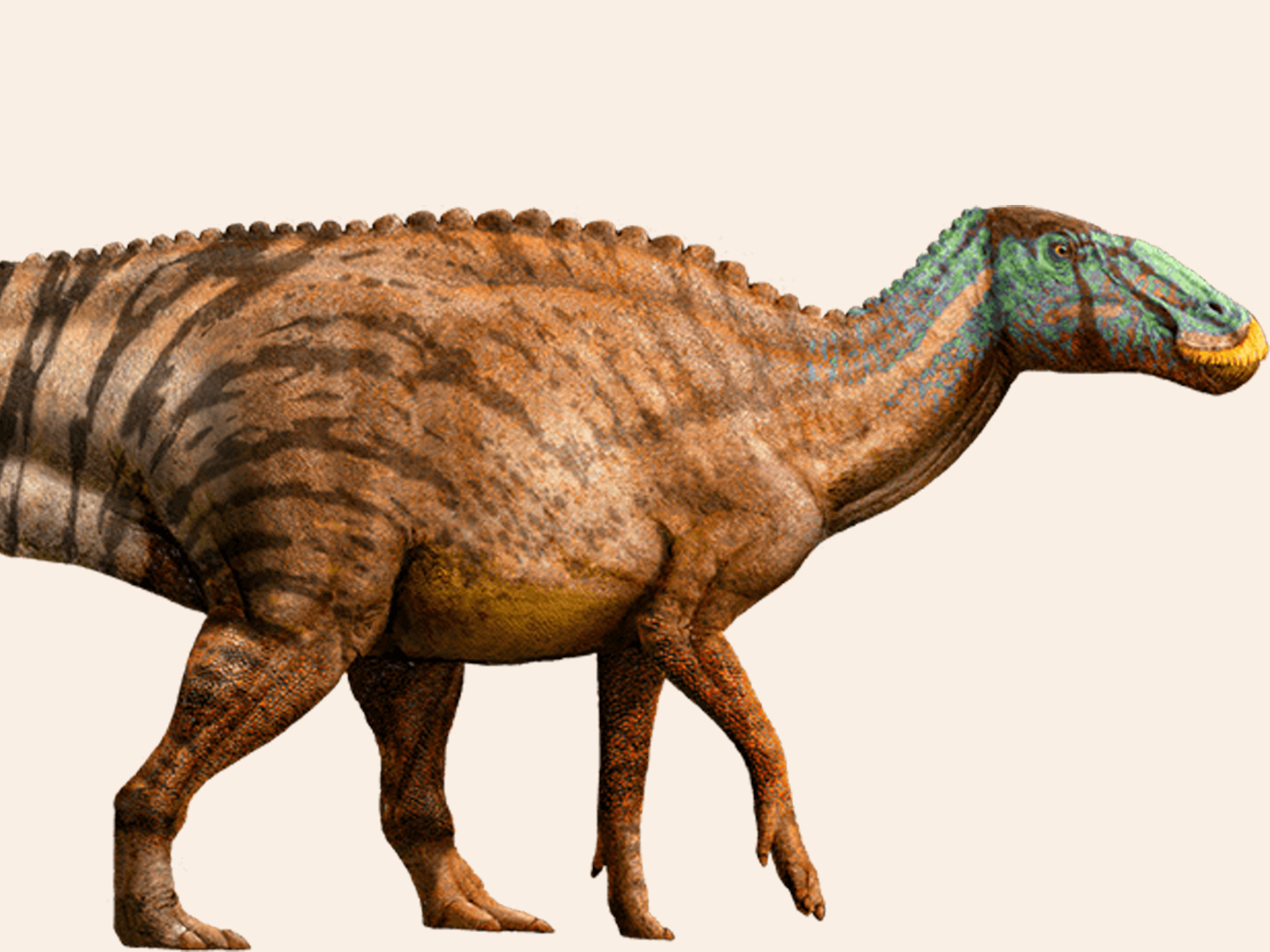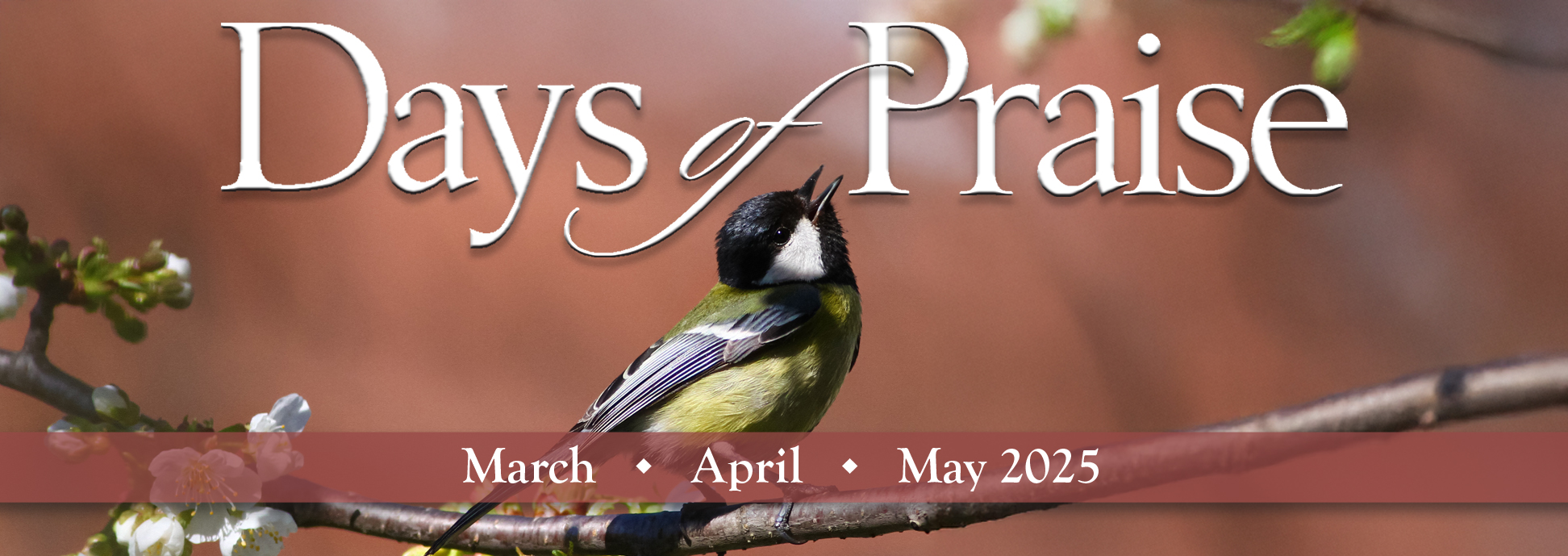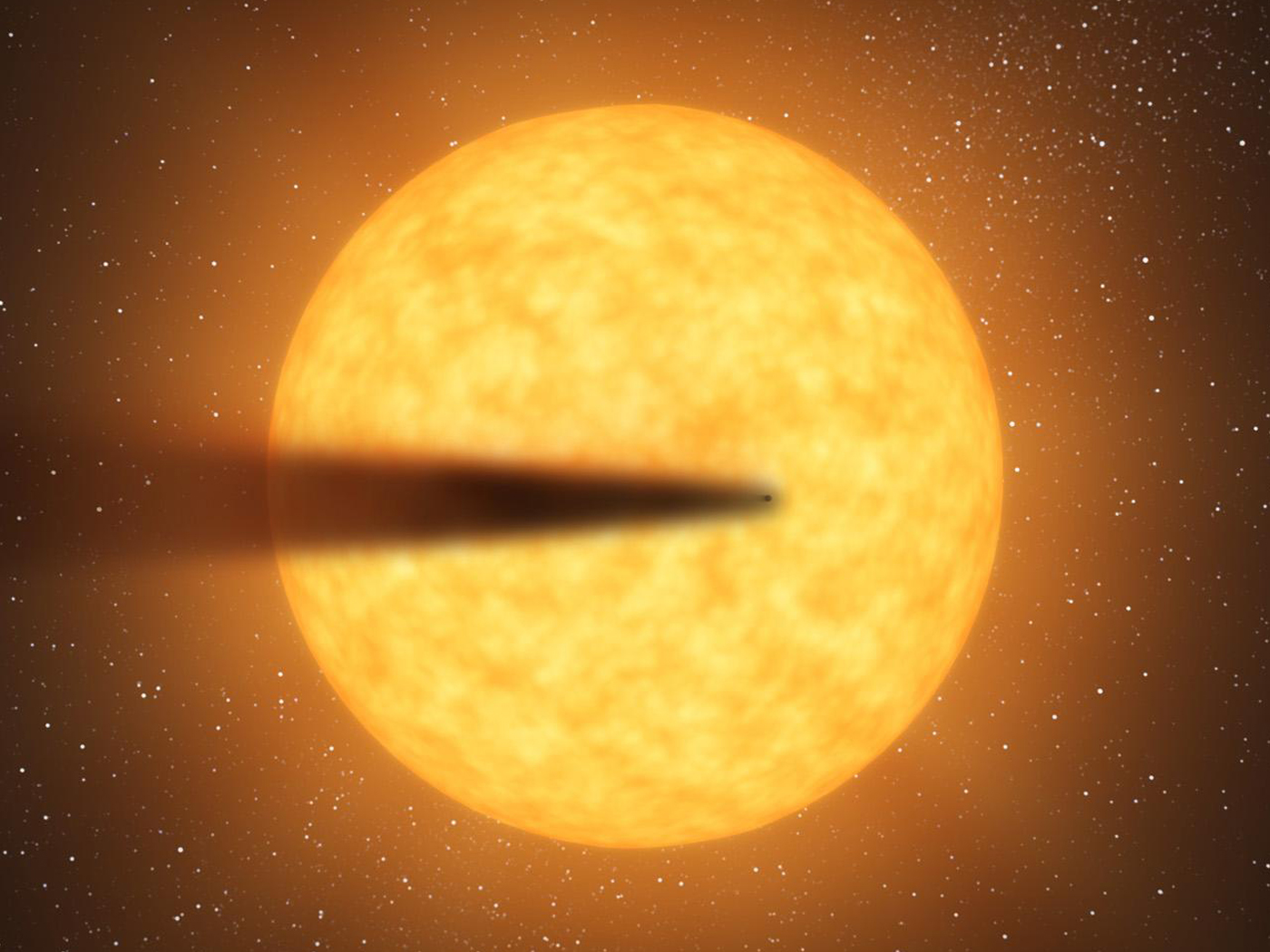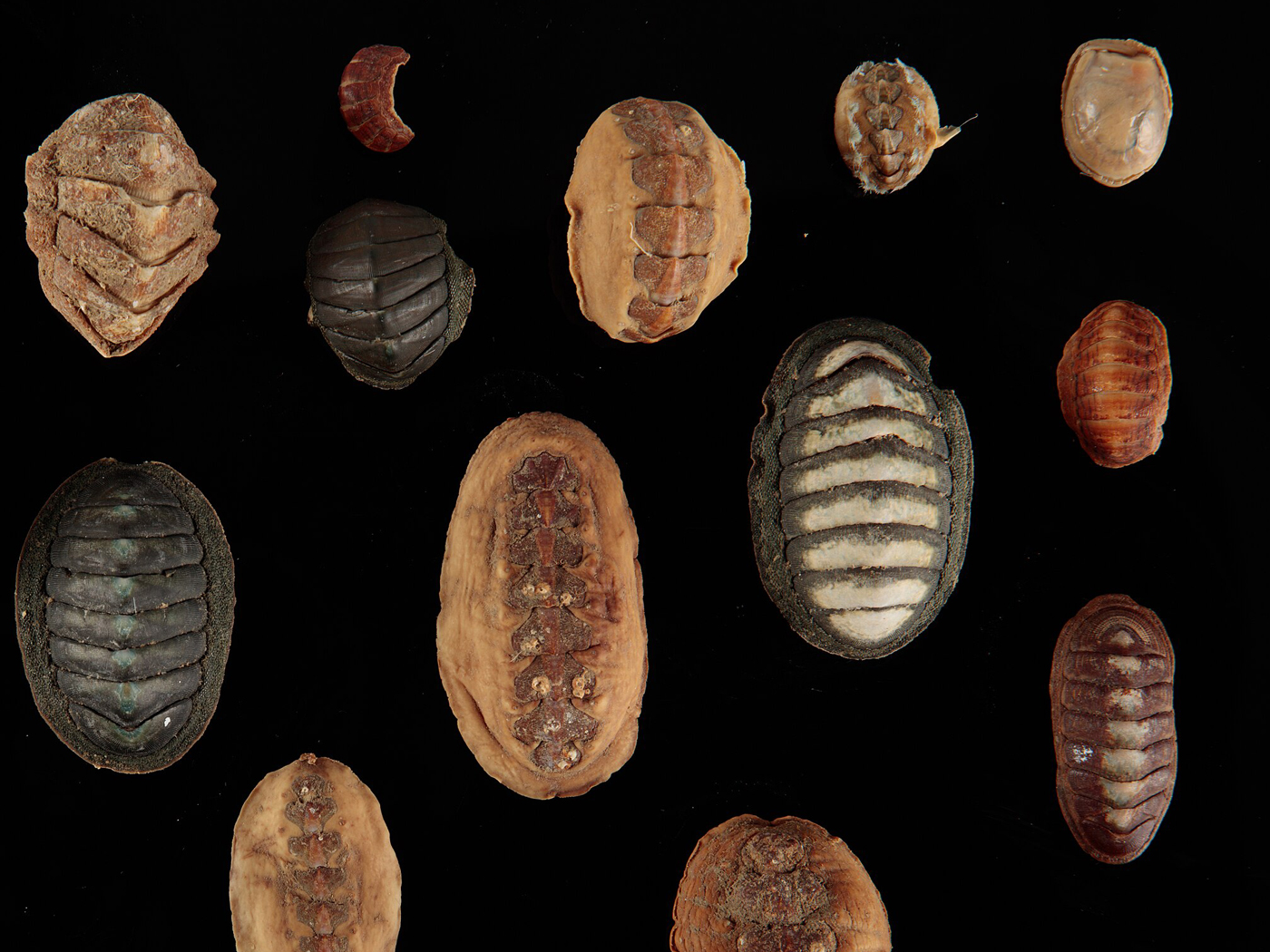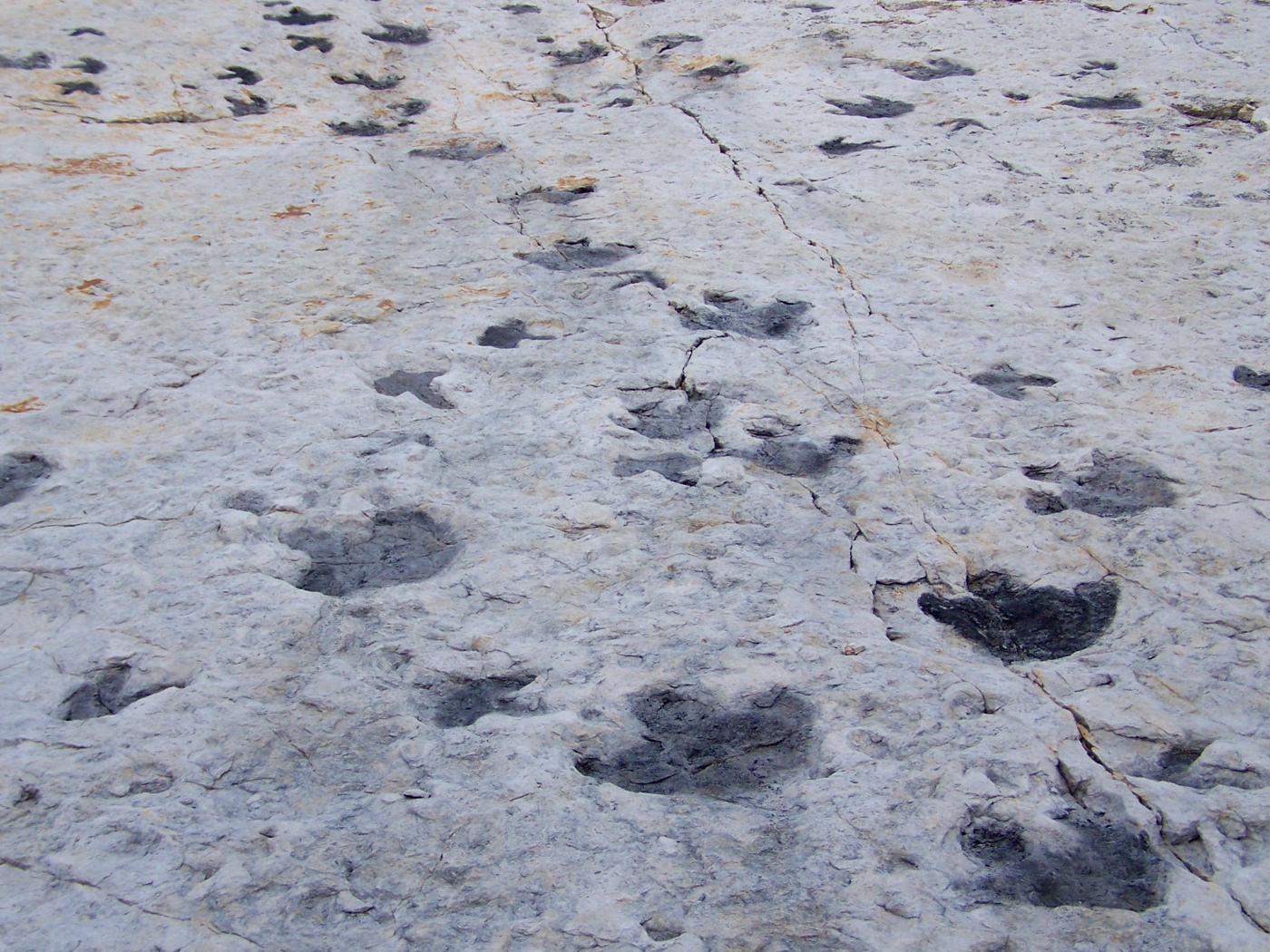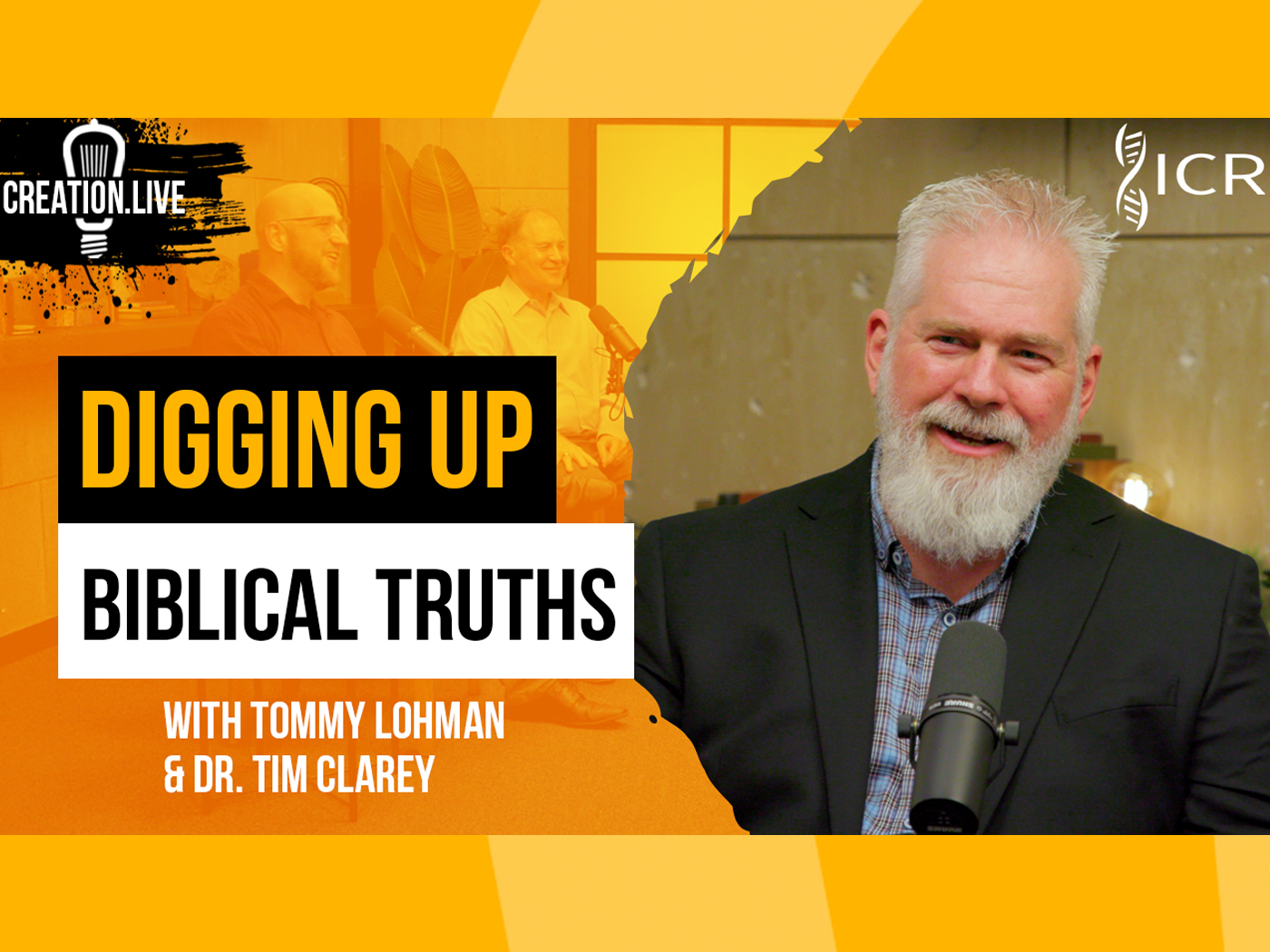and the Word was God . . . . All things were made by Him; . . .
And the Word was made flesh (John 1:1,3,14).
We can never understand the doctrine of the incarnation, whereby God the Creator became man the creature, for it is beyond the limits of finite comprehension. But we can believe it, and rejoice in it!
In fact, we must believe it, for "every spirit that confesseth not that Jesus Christ is come in the flesh is not of God" (I John 4:3). "If ye believe not that I am He," said the Lord Jesus, "ye shall die in your sins" (John 8:24).
We not only must believe, but we can believe, for He has proved Himself to be God incarnate by "many infallible proofs" (Acts 1:3), especially by His bodily resurrection after dying for our sins. Thereby has God "given assurance unto all men, in that He hath raised Him from the dead" (Acts 17:31). Only the Creator of life could defeat death. Buddha is dead and Mohammed is dead, and so are Confucius and Plato and all the great men who ever lived, but the "Word made flesh" who was "put to death in the flesh" (I Peter 3:18) has been raised from the dead and is "alive for evermore" (Revelation 1:18). "Wherefore He is also able to save them to the uttermost that come unto God by Him" (Hebrews 7:25).
How Could the Creator Become Man?
Since "by Him [that is by Christ, the Word of God] were all things created, that are in heaven, and that are in earth" (Colossians 1:16), He must have created the very body in which He would dwell when He "was made flesh." This body, however, could not be a body produced by the normal process of human reproduction, for it must be a body unmarred either by inherent sin spiritually or by inherited genetic defects physically or mentally.
It would necessarily have to be a perfect body, a body like that of the first man He had created long ago in the beautiful garden of Eden. He would, in fact, come to be called "the last Adam" (I Corinthians 15:45), since there would never be another man created as that "first Adam" had been.
There would be one important difference, however. The first Adam was created and made as a full-grown man, but the second must be "in all things . . . made like unto His brethren" (Hebrews 2:17). From conception to death, He must be "in all points . . . like as we are, yet without sin" (Hebrews 4:15). In particular, His blood must be "precious blood . . . as of a lamb without blemish and without spot" (I Peter 1:19), for that blood must be "offered . . . without spot to God" (Hebrews 9:14).
Thus the body of the second Adam must be formed directly by God and placed in a virgin's womb. This had been the very first promise made after the first Adam brought sin and death into the world. Speaking of "the woman, and . . . her seed," God said that He "shall bruise thy head, and thou shalt bruise His heel" (Genesis 3:15). This prophecy was addressed to Satan, whose lie had elicited Eve's sin. This wonderful body would not grow from a man's seed, as in every other human birth, nor would it grow from a woman's egg, for in either case a sin-carrying and mutation-carrying embryo would necessarily result. It must instead be a seed specially formed by the Creator Himself, then planted in the virgin's womb, where it forthwith would become His "tabernacle" for thirty-three years as He lived on His planet Earth among those He had come to save.
"Lo, I come," He would later promise through David (Psalm 40:7). Through Isaiah He said: "(The) virgin shall conceive, and bear a Son," and that babe would also be "the mighty God, the everlasting Father" (Isaiah 7:14; 9:6). Still later, another great prophet could anticipate that "The LORD hath created a new thing in the earth, a woman shall compass a man" (Jeremiah 31:22).
Note that the "new thing" in the chosen woman must be "created." When the time came the angel assured young Mary that "The Holy Ghost shall come upon thee, and the power of the highest shall overshadow thee: therefore also that holy thing which shall be born of thee shall be called the Son of God" (Luke 1:35).
Then, "when He cometh into the world, He saith, . . . a body hast thou prepared me" (Hebrews 10:5). Most significantly, He used the same word "prepared" (Greek, katartizo), which the writer of Hebrews also then would use when he testified that "the worlds were framed by the Word of God" (Hebrews 11:3), recognizing that the same living Word who had framed the worlds had also framed His own human body! And in that tiny cell in Mary's womb resided all the information not only for His own growth into manhood, but also for the creation, preservation, and redemption of the whole creation. It was His by right of creation and soon would be doubly His by right of redemption.
When Did the Creator Become Man?
It has become customary in much of the world to observe the Creator's incarnation on December 25, which is assumed to be the date of the birth of Jesus. However, various other dates have been observed by different groups or promoted by various writers—dates in January or March or October, for example. The early church apparently never observed Christmas at all, and the date of December 25 only began to be identified as Jesus' birthday in about the fourth century. In fact, many believe that Christmas celebrations are essentially a continuation of the old Roman Saturnalia or other pagan practices centering around the winter solstice, during the year's longest nights.
The fact is that no one really knows the date of His birth, so no one should be dogmatic on this subject. Nevertheless, there is one particularly intriguing possibility: On the night Christ was born, shepherds were in the field watching their sheep (Luke 2:8). Although it is barely possible that this could be in late December, it seems far more likely that it would be sometime in the early fall.
If so, the birth of Jesus also would have been in the fall, and it is significant that there was an ancient Christian feast called Michaelmas, observed on September 29 by many early Christians, especially in England and western Europe. The name later also was appropriated to identify a period during the fall when certain courts were in session.
In any case, the name "Michaelmas" meant "Michael sent," just as "Christmas" means "Christ sent." It is very probable that Michael was the "angel of the Lord" (Luke 2:9) who was sent from heaven to announce the birth of Jesus to the shepherds. The feast of Michaelmas thus may well have originated to commemorate this coming of Michael and the angels to welcome Jesus at His human birth.
This date would be just several days before the great Feast of Tabernacles, which the pre-exilic Israelites observed each fall in gratitude for the annual harvest, with each family dwelling for a time in a tent, or "tabernacle." When John wrote that "the Word was made flesh, and dwelt among us" (John 1:14), he did not use the usual Greek word for "dwell." Instead, he said, literally, that the Word (that is, the Creator) "tabernacled" among us for a time. It was as though He had come into the world at just the appropriate time for the joyful Feast of Tabernacles, as Michael and the angels sang of "good tidings of great joy, which shall be to all people" (Luke 2:10).
As glorious as the birth of Christ may have seemed, however, this was not His incarnation. He had already been "made in the likeness of men" (Philippians 2:7) nine months earlier, when He created a body for Himself and took up His residence in Mary's womb. That was the time when "the Word was made flesh!"
And so it may be beautifully significant that the real "Christmas" (i.e., "Christ sent"), when the Christ was sent from His throne in heaven to enter a "tabernacle" of flesh, would have been nine months earlier than "Michaelmas," when Michael and the angels were sent to announce His birth. But that brings us back to December 25 again! The actual number of days between the two dates is 278, which is the ideal period of human gestation.
Whether or not these inferences are correct (and remember no one really knows when Christ was born), they at least yield a greater appreciation of His miraculous conception. How appropriate it would be for Him to enter the world right at the season of darkest and longest night, for He would come as "the light of the world" (John 8:12) to bring "life and immortality to light through the gospel" (II Timothy 1:10). Then, at "Christmas" time, we can remember with deep thanksgiving (not with Saturnalian revelry and pagan greed) the amazing Christmas gift of God Himself, when "God sent His only begotten Son into the world, that we might live through Him" (I John 4:9).
Why Did the Creator Become Man?
No question that begins with "Why?" can be answered scientifically. Such questions can be answered only theologically, and that means they can only be truly answered from the written Word of God. And this greatest of all questions has the most wonderful of all answers!
"For God sent not His Son into the world to condemn the world; but that the world through Him might be saved" (John 3:17).
"When the fulness of the time was come, God sent forth His Son, made of a woman, made under the law, to redeem them that were under the law" (Galatians 4:4,5).
"This is a faithful saying, and worthy of all acceptation, that Christ Jesus came into the world to save sinners" (I Timothy 1:15).
But that is not all, of course. His first coming, followed by His sacrificial death, bodily resurrection, and glorious ascension, is a prophetic promise of His second coming.
At His first coming, He "tabernacled" among us for a little while; at His second coming, there will be "a great voice out of heaven saying, Behold, the tabernacle of God is with men, and He will dwell with them, and they shall be His people, and God Himself shall be with them, and be their God. And God shall wipe away all tears from their eyes; and there shall be no more death, neither sorrow, nor crying, neither shall there be any more pain: For the former things are passed away" (Revelation 21:3,4). "And there shall be no night there; . . . for the Lord God giveth them light: and they shall reign for ever and ever" (Revelation 22:5).
How infinitely sad it is that so many today reject or ignore such a gracious, loving, holy, powerful Creator/Redeemer. Not only do they miss all the true meaning and blessing of Christmas now, but, unless they respond to Him in repentance and faith, they will be everlastingly separated from Him in the glorious eternal ages to come.
* Dr. Henry M. Morris (1918-2006) was Founder and President Emeritus of ICR.








